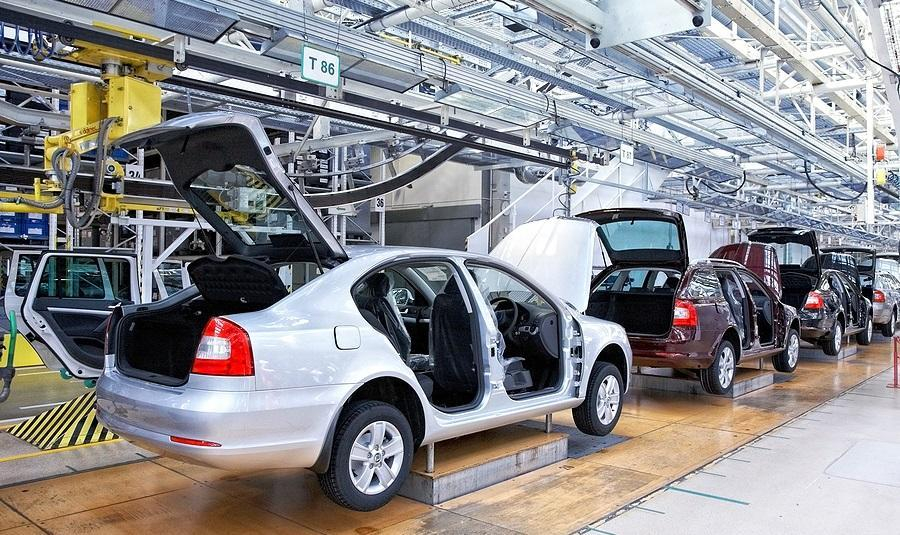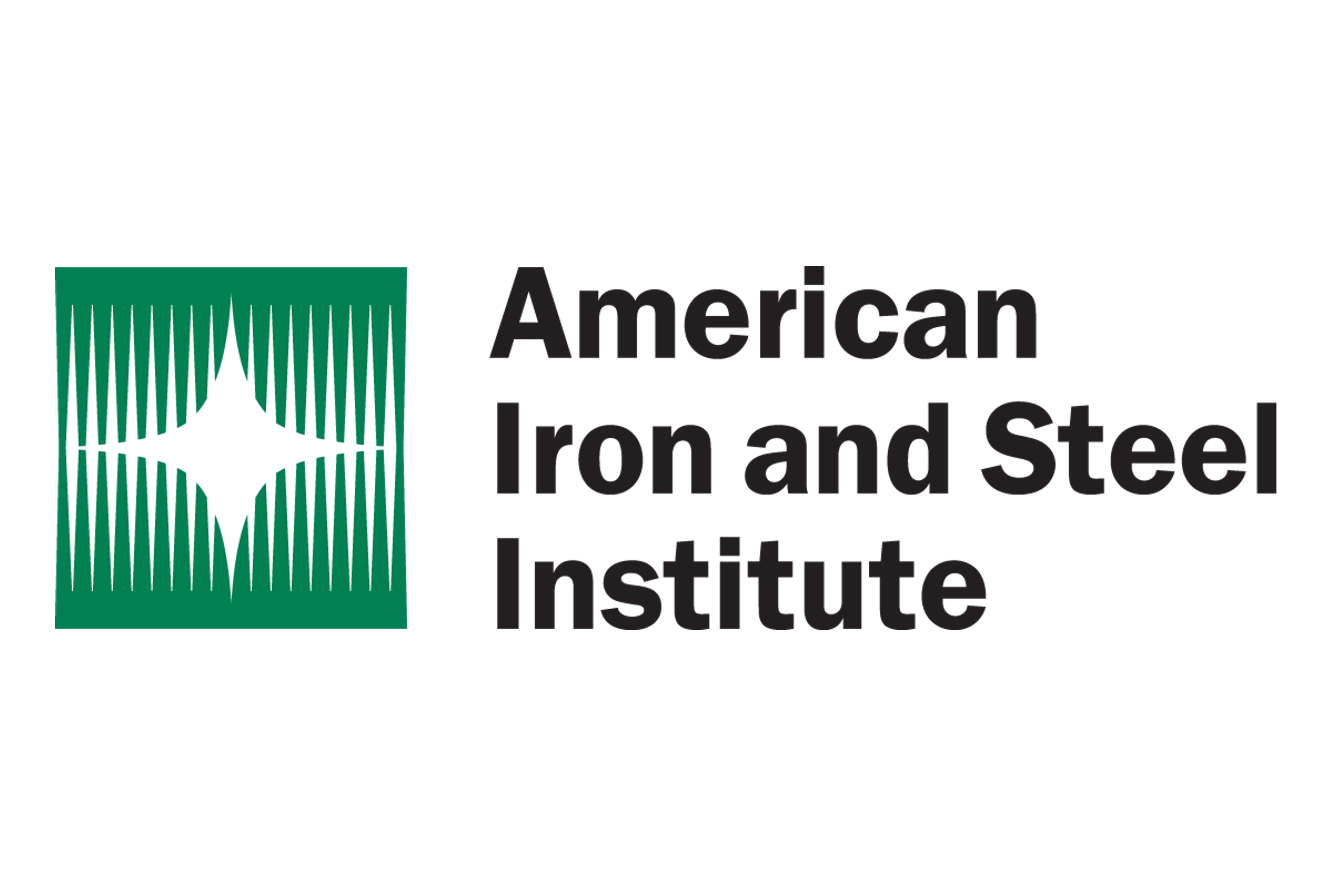Analysis

September 10, 2021
Toyota to Cut 60k-80k Vehicles from October Production
Written by Michael Cowden
Semiconductor and related parts shortages continue to chip away at North American auto production – with Toyota alone slashing as many as 250,000 vehicles from production schedules over just three months.
The list of automakers cutting back production includes other big names such as Stellantis as well as smaller automakers such as Subaru, which operates a sole location in the U.S. in Lafayette, Ind.
![]() The additional cuts come after SMU reported widespread downtime at General Motors – the United States’ largest automaker – on Thursday.
The additional cuts come after SMU reported widespread downtime at General Motors – the United States’ largest automaker – on Thursday.
Toyota plans to cut production by 60,000-80,000 vehicles in October because of supply chain disruptions, a company spokeswoman said on Friday.
“Due to COVID-19 and ongoing challenges with our supply chain, Toyota will continue to face shortages that will affect production at most of our North American plants,” she said.
She did not specify which plants would be down or for how long, but noted that every one of the Japanese automaker’s plants in North America would be impacted. The sole exception was its plant in Texas, which is being shielded from shortages ahead of the launch of the new Toyota Tundra pickup truck. The San Antonio plant also makes the Tacoma pickup.
The Japanese automaker had already cut North American production by about 60,000-90,000 vehicles in August and by 80,000 vehicles in September. In other words, Toyota will have cut production by as much as 250,000 vehicles in the span of just three months. That figure is notable because the average vehicle contains approximately one ton of steel.
And Stellantis, formerly Chrysler, will halt production at its Belvidere, Ill., assembly plant the weeks of Sept. 13 and Sept. 20. It will also take its assembly plant in Windsor, Ontario, down for the same dates because of “various supply chain issues facing our industry,” a company spokeswoman said.
Belvidere makes the Jeep Cherokee SUV. Windsor makes the Chrysler Pacifica, Chrysler Voyager and Chrysler Grand Caravan minivans.
Subaru, meanwhile, continues to run all production lines in Lafayette, but is adjusting production downward as necessary because of limited parts availability.
“That typically means first shift and second shift both report as usual – but may not work a full eight hours,” a company spokesman said.
The Indiana plant makes the Ascent, Outback, Legacy and Impreza automobiles.
Yet even as most automakers continue to scale back production, some are ramping it up again.
Nissan, for example, plans to resume output at its assembly plant in Smyrna, Tenn., on Monday.
The Smyrna plant, which makes six different vehicle models, had been idled for much of August due to the ripple effects of a COVID-19 outbreak in Malaysia.
By Michael Cowden, Michael@SteelMarketUpdate.com







